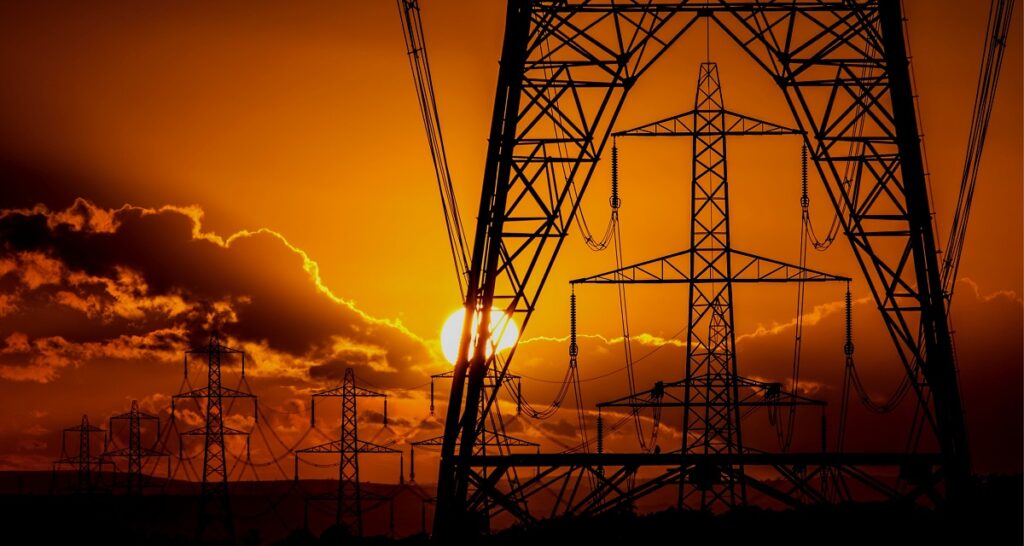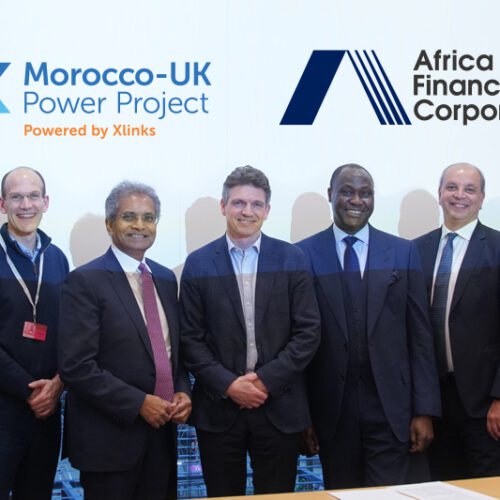Yesterday (1 March), Ofgem published two papers consulting next steps in establishing a new flexible energy marketplace and transforming local energy systems.
The two papers form part of Ofgem’s wider reform agenda in which it partners with the newly-newly formed Department for Energy Security and Net Zero (DESNZ) to create a “decentralised, decarbonised and dynamic system in Great Britain.”
Future of local energy institutions and governance
This paper is a consultation on how to provide stronger, clearer allocations of local responsibilities in relation to the planning, market facilitation and operation of energy.
Following the energy regulator’s review into the operation of local energy systems published in April 2022, the consultation builds on trials and pilots which showcase the benefits of local energy systems including reducing system costs and accelerating the uptake of electric vehicles (EVs) and heat pumps.
Earlier this week regarding such a trial, Project Local Energy Oxfordshire (LEO), announced that Local Area Energy Plans need to be mandatory to build a “energy system of the future” following its grid flexibility trials.
The consultation explores the next step in deciding key choices for design and implementation.
“We need a radical rethink of the energy system, markets and grid to establish a net zero power system by 2035 and net zero economy by 2050. The role of local communities will be critical. That’s why we’re suggesting ways to make Britain’s energy systems and markets participatory and transparent,” said Akshay Kaul, interim director of infrastructure and security of supply.
“We are exploring options so net zero networks are planned, governed and regulated strategically at regional and local level – so we have flexible, clean generation and distribution systems right down to street-by-street, town-by-town, home-by-home level. We are considering new independent regional energy system planners to ensure plans are cohesive, coherent and clear to all.”
The Future of Distributed Flexibility
The second paper is a call for input from across the industry to build a “common vision for distributed flexibility” and help tackle the market access as well as coordination issues that currently hinder this goal.
Specifically, the paper calls for a common digital energy infrastructure and flex-centric system that will facilitate the buying and selling of surplus energy from renewable energy storage, generation and even smart devices such as EVs.
Monetising the exchange of surplus energy using EVs lead power generation business Drax to recently deploy event-driven architecture (EDA) technology to underpin its EV solutions strategy which will allow drivers to use their EVs as “de facto storage batteries.”
The long term goal, Ofgem reported, is to break down market barriers, increase liquidity and allow consumers to financially benefit from the services they provide the system.
“Currently, energy markets are complicated, fragmented, and difficult to navigate, making it difficult for small assets like electric vehicles and heat pumps to join in, and putting off potential sellers and investors,” continued Kaul.
“We are setting out plans for how we can standardise and open markets – specifically by creating an ambitious vision for distributed flexibility involving a common ‘digital energy infrastructure’ which will allow more communities, businesses and organisations to buy and sell surplus renewable electricity and services when and where they need it.”
“A single digital platform will allow users to access multiple markets transparently and simply. The more energy consumers can help and participate, and be rewarded for doing so, the more renewable energy we can successfully accommodate and the more secure our energy supplies.”





